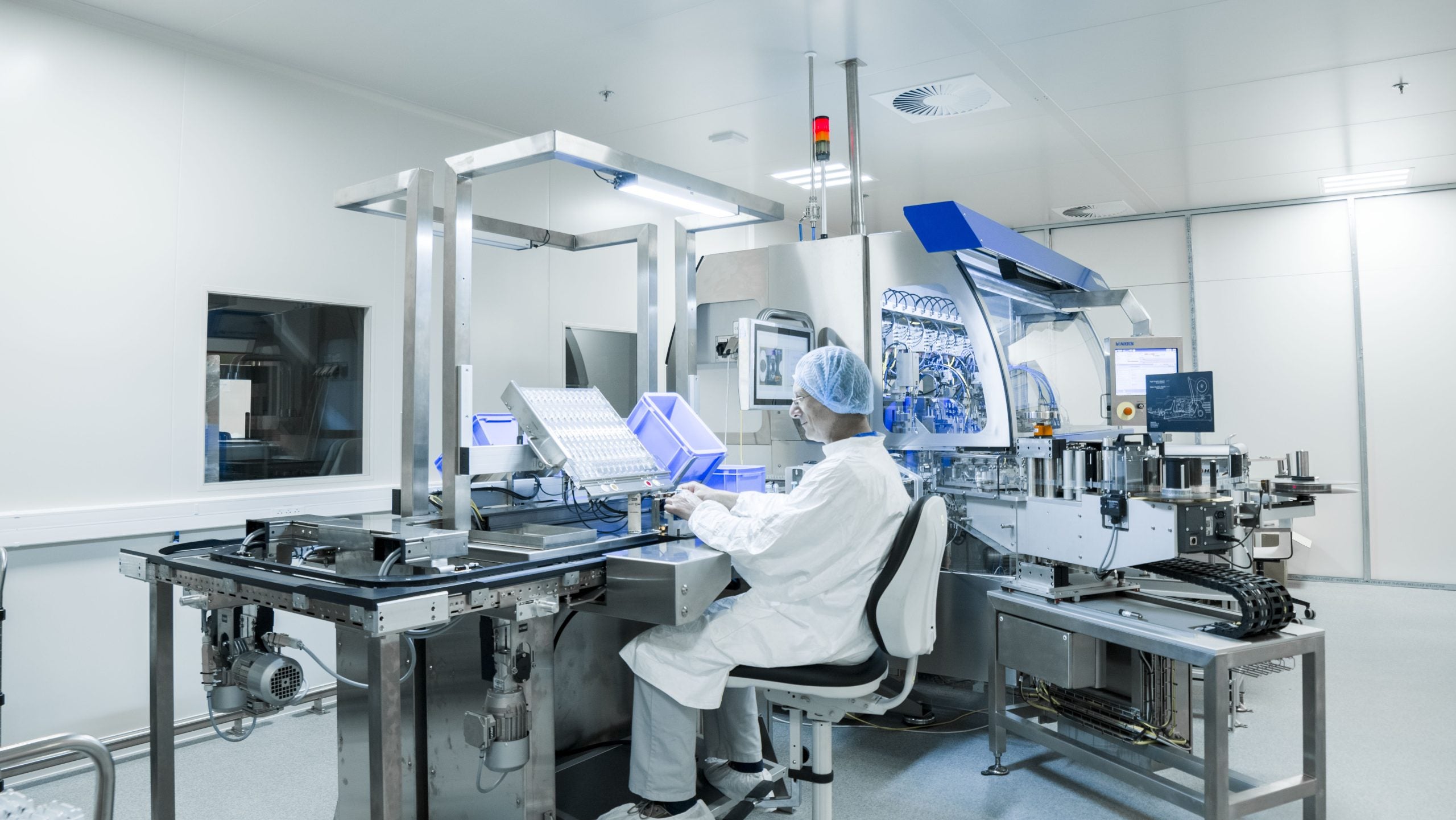
In the medical device industry, the process from design to market launch is possibly more complex and challenging than in almost any other sector. Highly technical and complex, with stringent testing and approval processes, there are numerous steps, phases, protocols and regulations to follow.
Medical device regulations are constantly evolving, affecting how devices are designed, manufactured and used. As new technologies emerge and existing ones mature, they can have a fundamental impact on the entire manufacturing pipeline. Technologies such as wearables, artificial intelligence (AI) and cybersecurity are changing the face of medical devices.
Navigating this landscape is not only key to the successful launch of a new device but also to obtaining the necessary regulatory approval to ensure safety and efficacy in a larger test population. And with time to market crucial to gaining a competitive advantage for developers, there is a constant need to accelerate what has traditionally been a lengthy design, development and approval process.
Working with a trusted partner
One way to speed up time to market is to work on the final stages of product development in parallel with building the assembly system. Another is to optimize designs from the earliest stage to maximise manufacturing efficiency and avoid downstream issues. An experienced manufacturing and assembly partner can help to bridge the gap between a new concept and the realities of the manufacturing process, and help de-risk the overall process as much as possible.
Mikron Automation has 50 years of experience in high-speed assembly and testing, a deep technical skill set, and key resources, such as a ready-made cleanroom, all of which help customers to expedite design and production.
William Jaworski, sales director at Mikron Denver, says that trust and partnership can deliver low-risk automation for its customers: “The more they trust us, the more of a partnership that we have together[…] the more we can help advise them on their design and their assembly processes, and work with them on their proof of principle, process range studies or process characterization.”
Mikron can also assist with upfront design work, including design verification builds in Mikron Denver’s cleanroom, a service that helps reduce timelines and allows efficient feedback on designs, required for regulatory filings.
Pre-production services
A key element of Mikron’s approach is its range of pre-production services, which help medical device manufacturers de-risk their production processes before manufacturing begins. This ensures that products are well designed for high-speed assembly and automation, reducing the chance of costly, time-consuming downstream changes.
Pre-production services offered by Mikron include design for manufacturing (DFM) or design for assembly (DFA) analysis, process failure modes effects analysis (PFMEAs), process range studies, proof of principle feasibility studies, prototype component builds, and process characterization.
Mikron also provides validation support such as Standard Operating Procedures development, and Design of Experiments (DOEs). Additionally, Mikron offers standard manufacturing platforms for software and hardware that can be customized to the needs of each customer.
For both large companies that lack bandwidth to perform some of the engineering tasks like DFM or DFA, and smaller companies and start-ups who lack engineering resources, Mikron takes away the burden to de-risk, accelerate and optimize manufacturing processes. Trevor Scott, Customer Service Manager at Mikron, says: “We have the subject matter experts and the knowledge to overcome problems and adjust either the process or the machine to push the necessary steps through rapidly.”
Finally, once the design is finished and production processes are in place, Mikron can also support the ramp-up phase, until validation and performance qualification (PQ).
The whitepaper below takes a deep dive into what manufacturers can do to accelerate their launch and give their product the best chance of market success, including the necessary steps and requirements along the way. It provides a full exploration of Mikron’s services, and how they can help optimize your medical device development, from design to launch.
To find out more about how automated assembly systems can help you overcome the industry’s most pressing challenges, download the whitepaper.


